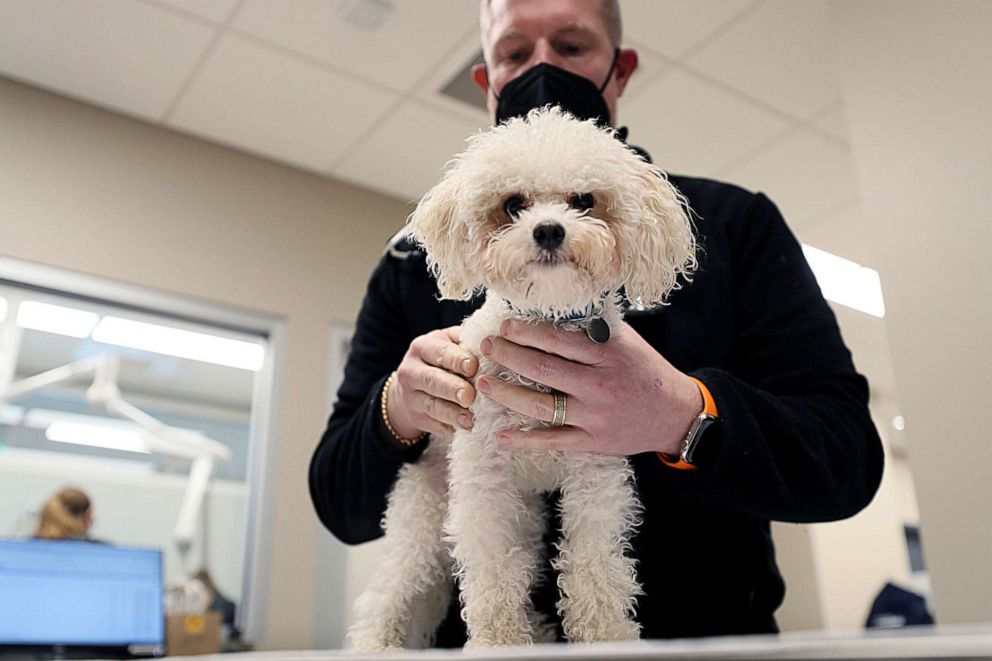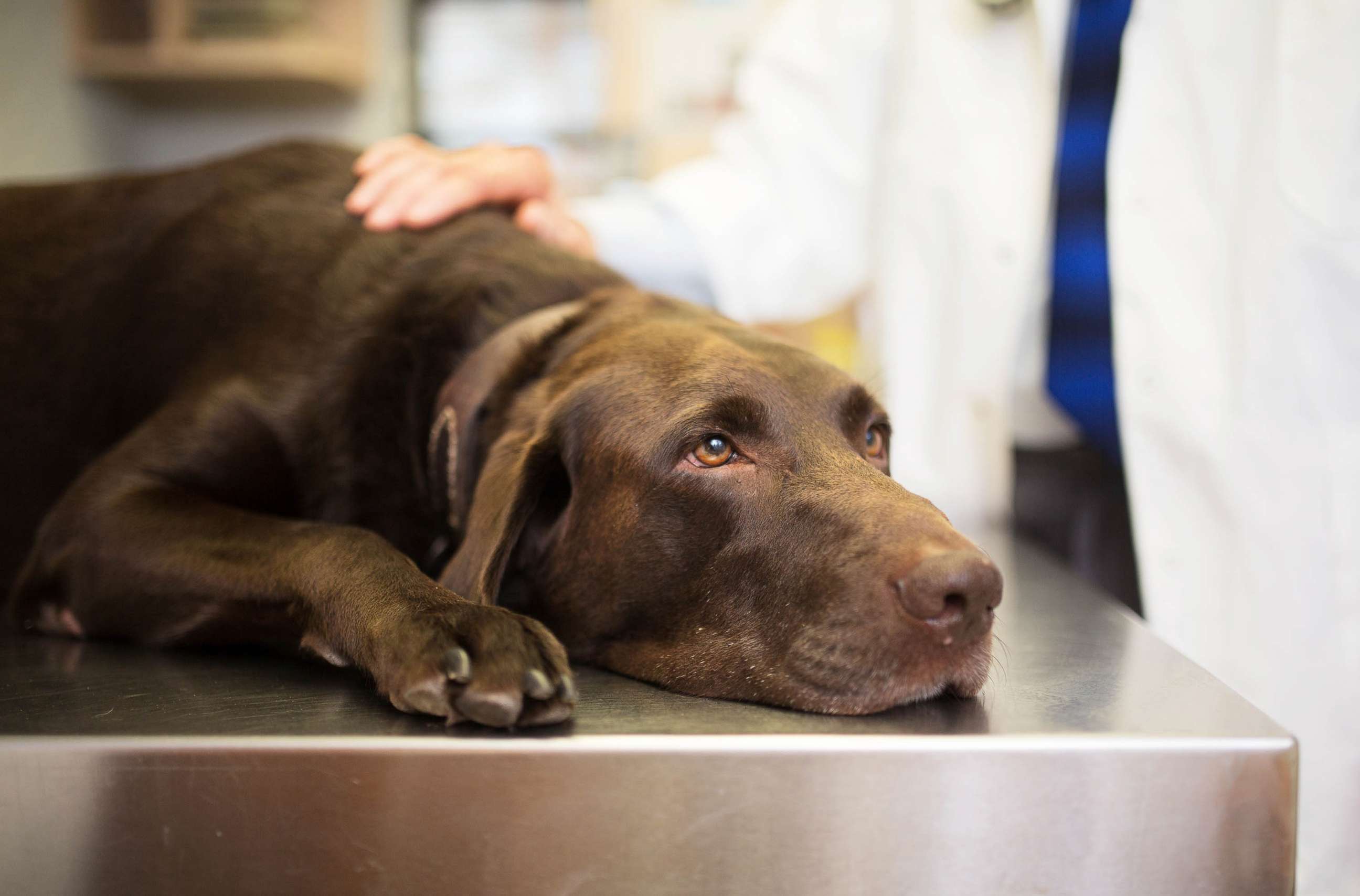Veterinarians face increased risk of suicide amid pandemic: Reports
Alex Stone reports for ABC News Radio's "Perspective" podcast.
The pandemic has been a challenge for many people, but for one group of professionals the stress, fatigue, crippling debt and moral dilemmas have been weighing heavily on them for far too long.
Veterinarians have been silently battling through the pandemic while continuing to work during one of the most stressful and demanding times.

Studies in the industry, including one by the American Medical Veterinary Association, have shown one in six veterinarians have considered suicide at some point in their career. While this is not a new problem, the pandemic has been making it worse, some experts have said. Female vets are 2.4 times more likely to die from suicide, while male vets are 1.6 times more likely.
Dr. Caroline Jurney runs a group Not One More Vet, and explains the struggles of being a veterinarian during this time.
"The people who go into medical fields are amazing, giving caregivers right like they want to help," Jurney said. "The circumstances of life keep you from doing the things that you want to do, that you think is right. So, for instance, a pet owner can't afford care. You know, they can't afford the surgery their dog desperately needs. I've trained my whole life, I've dedicated my whole life to helping animals and this external circumstance prevents me from doing it. And let me tell you, nobody goes into veterinary medicine to make money."
Pardo, who is based in New York, said these issues are a daily conflict with clients and becomes a moral conundrum that is put onto the vets trying to help.
"We frequently get somewhat attacked of that. If they can't pay for the medical care, then we are the ones that are guilted into 'well, why did you go into this field? If you if you love animals, why did you become a doctor? Why can't you cut the cost? You're all about money,'" she explains.
Pardo is speaking out after losing her resident mate, Josh Smith, from suicide. A quiet, yet strong person, the pressure still became too much for him.

A big concern for Josh at the time was the high burden of debt accumulated after veterinarian school.
"It is extremely expensive to go to vet school and we do not make it up with what we make as veterinarians," Pardo said.
Pardo, along with others are trying to support the mental health of those who are working in the field, offering peer counseling, online crisis support and awareness.
If you or a loved one is experiencing suicidal thoughts, the National Suicide Prevention Lifeline provides 24/7 and confidential support at one 800-273-8255.




